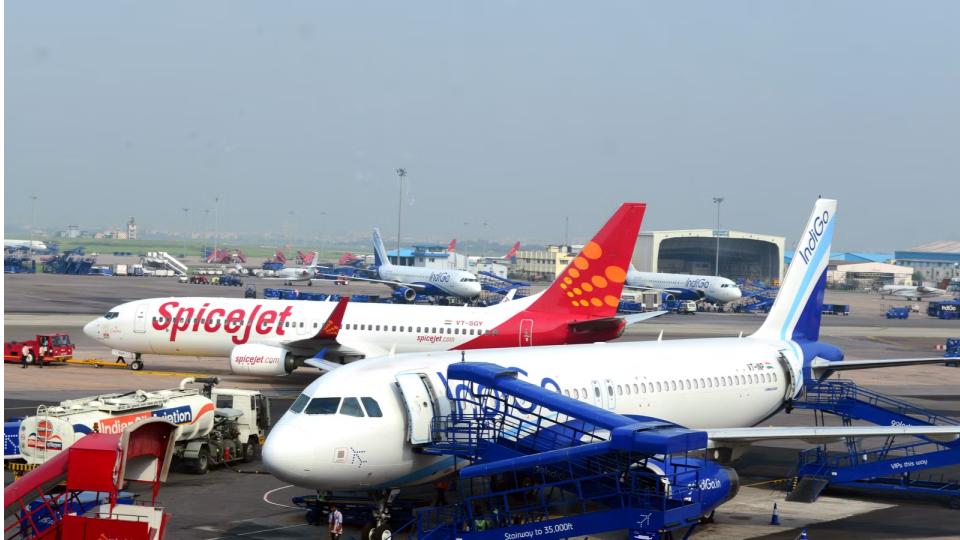Pakistan’s economy has faced significant challenges in recent years, prompting engagement with the International Monetary Fund (IMF) for financial assistance. While these engagements aim to stabilize the economy, they occur against a backdrop of geopolitical tensions and internal security concerns.
IMF Engagement: A Double-Edged Sword
In March 2025, Pakistan reached a staff-level agreement with the IMF to unlock $1.3 billion in funding under the Extended Fund Facility (EFF). This agreement is part of a broader 37-month program aimed at fostering economic resilience and sustainable growth.
However, the IMF’s support has not been without controversy. India has expressed concerns that the funds could be misused to support cross-border terrorism, a claim that Pakistan vehemently denies. The IMF, while reaffirming its commitment to Pakistan’s economic stability, has called for de-escalation of regional tensions.
FATF Grey Listing: Economic Implications
Pakistan’s placement on the Financial Action Task Force (FATF) grey list from 2008 to 2019 had profound economic repercussions. Studies indicate that this designation resulted in cumulative GDP losses exceeding $38 billion, primarily due to reduced consumption and investment. The grey listing hindered Pakistan’s access to international financial markets, exacerbating economic challenges.
Security Concerns and Economic Stability
Persistent security threats, including allegations of state-sponsored terrorism and internal insurgencies, have further strained Pakistan’s economy. These concerns have led to increased defense spending and deterred foreign investment, complicating efforts to achieve economic stability.
Strategic Recommendations
To navigate these challenges, Pakistan should:
- Enhance Financial Transparency: Implement robust measures to combat money laundering and terrorist financing, addressing FATF concerns.
- Strengthen Economic Reforms: Pursue structural reforms to improve fiscal discipline, broaden the tax base, and enhance public sector efficiency.
- Promote Regional Stability: Engage in diplomatic efforts to reduce regional tensions, creating a conducive environment for economic growth.
- Diversify Economic Partnerships: Seek investment and trade opportunities beyond traditional allies to mitigate geopolitical risks.
Conclusion
Pakistan’s economic recovery is intrinsically linked to its ability to address security concerns and improve international perceptions. By implementing comprehensive reforms and engaging constructively with global partners, Pakistan can pave the way for sustainable economic development.
Sources:
- IMF Reaches Staff-Level Agreement with Pakistan
- FATF Grey Listing Impact on Pakistan’s Economy
- Pakistan’s IMF Engagement Amid Regional Tensions


